|
We are excited to highlight one of the top piano curriculums: Alfred's Basic Piano Library. Since 1922, Alfred Music has helped many individuals learn, teach, and play music through their pedagogically sound products. They offer courses for beginners of all ages with four different and complete beginning piano courses that use the same interval-based approach and theory sequences. Because the courses are all paced differently, however, the teacher is able to design a personalized curriculum for each student, moving between curriculum books as needed: You can view the curriculum books on Amazon here and reach out to us if you have any additional questions: [email protected]
0 Comments
There are many great curriculums and resources for learning the piano! One of our favorites is the Faber curriculum because they have books for young beginners through adults plus supplemental material from a variety of genres. Many of the books include student solos with optional teacher duet parts.
Additionally, their app (currently available for iPhones and iPads) offers "the convenience of a full MIDI player on your iPhone or iPad. The app provides easy access to interactive play-along accompaniments for the Piano Adventures method books—bringing an orchestra, jazz ensemble and rock band right to your mobile device." Check with your instructor to determine which series is the right one for you: 1) My First Piano Adventures 2) Piano Adventures 3) Accelerated Piano 4) Adult Piano Adventures And you can click here to purchase your books in the Faber Amazon Store. If you have any questions, feel free to reach out to us: [email protected] In addition to piano curriculums, sometimes pianists need an extra boost to improve their rhythm, sight-reading, and overall technique. Below we have shared some of our instructor's recommendations! To note, this post contains affiliate links for items that we recommend and use. We may earn a small commission from Amazon at no cost to you. If your device is not showing the links to purchase, ensure your pop-up blocker is turned off. Wright-Way Note FinderThis resource is perfect for learning note position! This clever training aid is found to be indispensable by many teachers. Moving the note up and down the grand staff is interactive and encourages attention as it demonstrates the basic note reading concepts of direction and distance. Random note position (31 notes at your finger tip) teaches rapid note recognition. Best results are obtained when parents quiz their student each day as outlined in the included instruction book "Five Minutes A Day." FlashcardsThese comprehensive flashcards include all notes, symbols, and terms needed for the first two years of study on any musical instrument. Cards are color-coded by category and are numbered on the back. We feel these are a great option for independent learners! Dozen a DayThe Dozen a Day books are universally recognized as one of the most remarkable technique series on the market for all ages! Each book in this series contains short warm-up exercises to be played at the beginning of each practice session, providing excellent day-to-day training for piano students. HanonThe most widely used piano technique book ever written, The Virtuoso Pianist was designed to develop agility and strength in all the fingers as well as flexibility of the wrists. Exercises are sequenced so that in each successive exercise, the fingers are rested from the fatigue caused by the previous one. Translated from the original French, this Masterwork edition includes the complete Exercises 1-60 and is clearly engraved for easy reading. Hanon's original introduction is included. Hanon recommends that a student have at least one year of experience before starting this book. Basic Timing for the PianistThis is one of our favorite "go to" books to help students master rhythms! There are 105 short exercises, leading to thorough and complete mastery of basic timing problems. NOTEBUSTERS and Note Reading Tests!These resources came recommended from one of our SC Music Lessons' parents, Ashley. She has incorporated these books into her homeschool curriculum and has been seeing a big improvement in her daughters' note reading abilities! Keeping checking back as we are always adding new resources!
As a piano teacher, I provide virtual lessons regularly for students who live at a distance and occasionally when my local students are sick. Since 2020, the majority of music instructors have gained some level of experience with virtual instruction! When I first began teaching virtually, I believed it would be more difficult than in-person instruction. What I discovered, however, is there are many pros to virtual lessons and it's much easier than I anticipated. >>>> We've discussed some pros in the blog post "The Perks of Virtual Instruction." In this post I have shared information regarding 1) platforms, 2) teaching considerations specific to virtual lessons, and 3) games / resources. I hope these tips will make virtual lessons a breeze! If you have any additional thoughts or resources to share, please add them in the comments section. It's always great to learn from one another! PlatformsZoom: $0 - $14.99 (Free for 40 minute sessions) - this is what I most often use!
Teaching ConsiderationsYour Device: I've found teaching from a computer provides the best experience for my students. Many platforms offer more capabilities when being accessed from a computer. Camera Angle: If you only have one camera (as most of us do), I recommend placing your computer at a height that is eye-level and allows the student to see all of your instrument. I've gotten pretty creative with a stool and stack of books ☺ Access to Student's Music: When teaching virtually, it's best to have a copy of the students music. If I already own the book, great! If not, I either purchase a copy or ask the student to email me photos / scans the music they are currently studying. In a pinch, I ask the student to hold their music in front of their camera and I can take a screenshot of the music to refer to! Communication: Be cognizant of the rate of your speech. When teaching virtually, I try to speak slightly slower than I do in person. Distractions: Students can be easily distracted (and more so in a virtual learning setting!) Try to eliminate all potential distractions and teach in a well-lit, tidy space. Games & ResourcesThere are many online resources and blog posts for virtual instruction. Here are some of my favorites!
I also screen-share and use the online free game of "Name That Note"! You Can Do It!As a perfectionist I don't want to begin something unless I know how to do everything exactly "right." I've learned that it's more than okay to start with a simple approach and improve little by little over time. It's likely both you and your student are new to virtual lessons so you'll be able to learn together! :)
Happy teaching and if you have any questions, please feel free to contact me! Holly Slice Owner, SC Music Lessons There are times we want to be done with it all; work, school, exercise, and you might feel that you or your child want to be done with music lessons too. Music lessons can be one of the most rewarding investments in your life; however, part of that “rewarding” feeling comes from the push through when you want to stop. If you or your child is feeling this way, here are a few things to help offset those obstacles: #1. Create Your Own Schedule Part of being an independent adult is time management, scheduling what needs to be accomplished in a day. Some students respond better to practicing if they have some control over their time. The parent can help them create a list of items that need / want to be accomplished during the day and the student can then schedule when they want to do each item. Parents have to reinforce the student in following their schedule as this is a new skill. Not only does this keep the student on track, but it allows them to have a sense of responsibility which in the long run is what life is all about. Watch this video to hear SC Music Lessons parents, Carrie and Andy, share their philosophy on practicing and supporting their children's music education! Thank you to Crowfield Living Magazine for featuring us in the June edition of the magazine. You can read the full article below!
The benefits of music have affected me during every stage of life; however, some benefits had even greater prominence during my childhood and adolescent years than my adult years. No matter what stage of life you are in, I hope my experiences will encourage you to consider learning a new instrument, picking an instrument back up, or continuing your current studies with renewed enthusiasm. ChildhoodDr. Anita Collins, a researcher on brain development and music learning stated, “Playing music is the brain’s equivalent to a full-body workout.” Practically speaking, as a child I believe my…
We have entered a new era of communication! More can be done in less time, communication is quicker and more efficient, and tasks can be completed from home. SC Music Lessons gives the option for students to be virtual and because of that, the opportunities to learn the arts are endless!
With virtual lessons, neither you nor the instructor needs to consider travel time. Additionally, if you have children, you will not need childcare while you do your lessons. Going virtual allows more time flexibility and enables you to having an engaging lesson from the comfort of your home. A lesson that required you to block an hour and a half of your day now only requires 30 minutes of productive effort! When choosing a violin for your child, it's important to measure their arm, just like you would measure their foot size before buying shoes! Below is a simple video to help guide you through this easy, but necessary, process. After you've measured your child, refer to the sizing guide to find the correct size violin. The age column is only an average -- your child may fall into that category but it is possible for the child to need a different size violin depending upon their build.
With the busyness of the school year coming to an end, you might be starting to make plans for the summer. Are your music lessons a part of those plans? While you might think this would be a good time to pause your musical endeavors, it is actually the best time to continue! Although there are many advantages to learning during the summer, below we have shared the top 3 reasons many of our students choose to stay enrolled. Significant Progression Over the SummerNow that school and academic activities have adjourned, there is more time to better your musical skills at your own pace! This is the time to continue building what you have worked so hard for during the year, as well as sharpen and discover parts of yourself you never knew as a rising musician.
Many students have found that continuing music lessons is easier to manage than taking a long break and rebuilding what they have lost. Continuing lessons during the summer will keeps students on track for musical success. It is also not as hard as you may think to incorporate lessons into your summer plans unlike the school year where you have to bounce from place to place and work lessons into your schedule. You can still enjoy your summer, have relaxing beach days, and continue lessons as you normally would! Did you know "percussion" is actually a plural term? It not only includes drum set but also rudimental snare, timpani, keyboard percussion (e.g., marimba, xylophone, vibes, glockenspiel), and orchestral auxiliary instruments (e.g., triangle, tambourine, concert bass drum, crash cymbals), and more! Drummers are a type of percussionist who can choose different areas of focus:
Any drummer will need to invest in having their own drum set and accessories for practice during the week. Without applying the information learned at the lesson during the week, progress will be stunted. Drummers who practice progress more quickly! When searching for drums, we know the options can become overwhelming! We also recognize that the quality of the instrument needed may change as a student progresses; therefore, we have shared multiple options at a variety of price points. Our percussion instructor, Kyle, who has his masters degree in percussion performance, has shared his expertise and recommendations below in order to help you make the right decision for your needs! To note, this post contains affiliate links for items that we recommend and use. We may earn a small commission from Amazon at no cost to you. Types of DrumsThere are two basic types of drum kits. For each type, we have shared pros and cons to consider when choosing the right instrument for your student and your family. ACOUSTIC DRUMS Acoustic instruments make sound without the use of electricity or amplification.
Pros
Cons
|
CONTACT
Holly Slice, Owner
Email: [email protected]
Phone: 843-310-1083
Visit Our Sister Site:
Lowcountry Pianist & Company LLC
Email: [email protected]
Phone: 843-310-1083
Visit Our Sister Site:
Lowcountry Pianist & Company LLC
LEGAL
© 2024 SC Music Lessons LLC
All Rights Reserved.
All Rights Reserved.
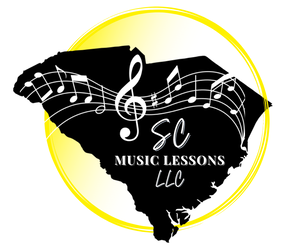
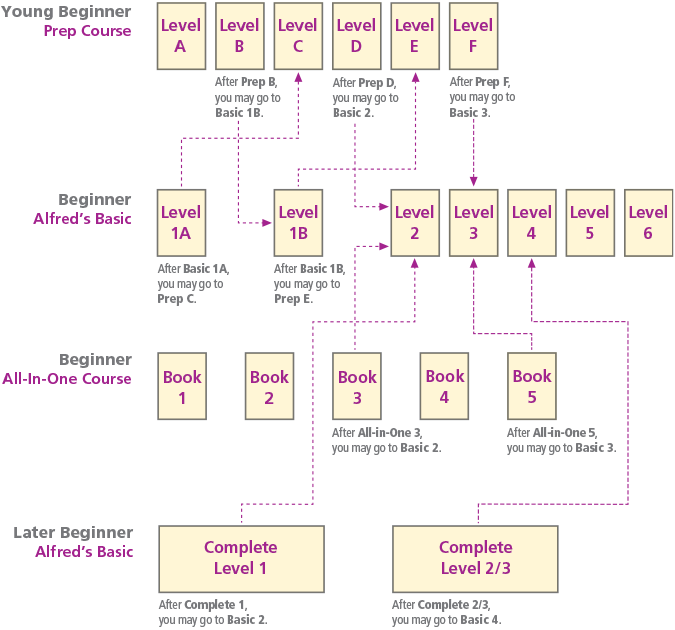
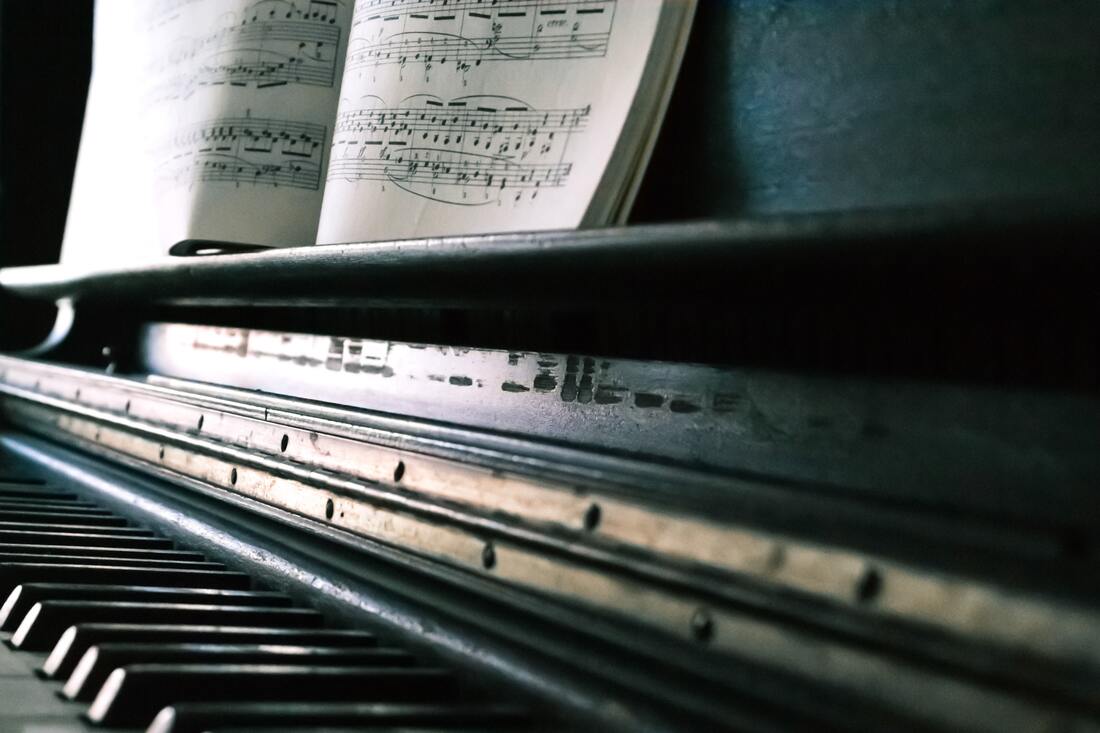
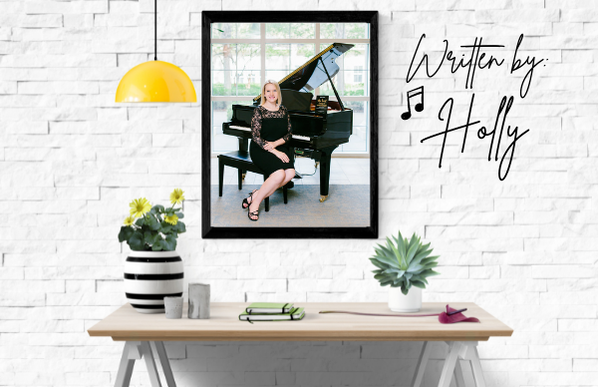

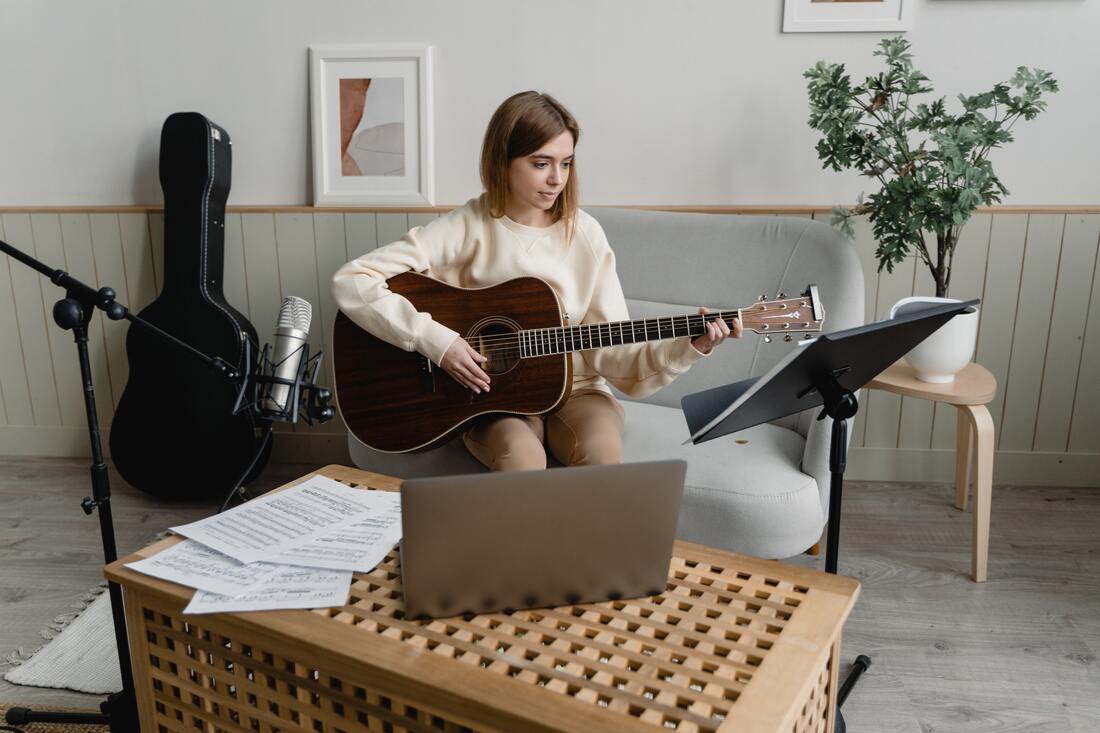
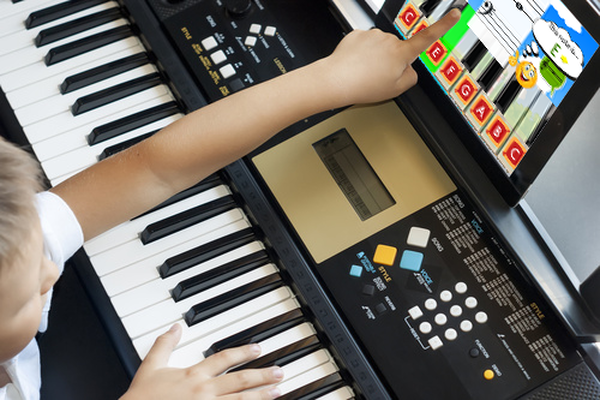
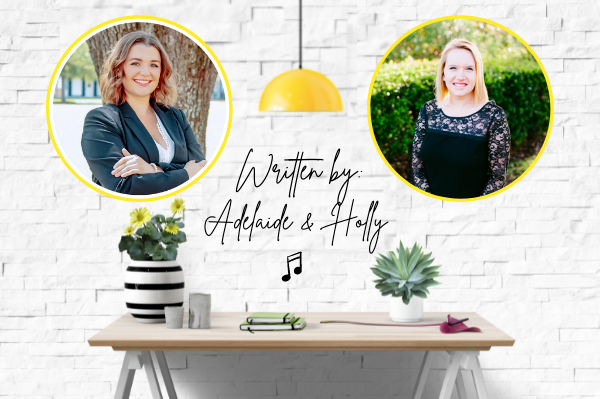
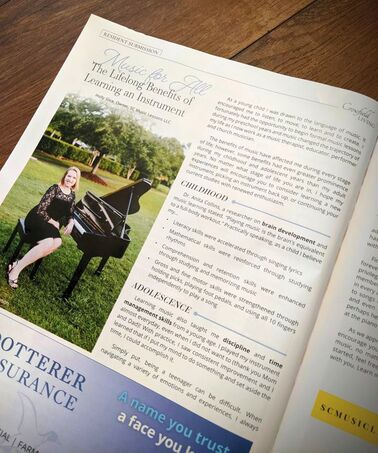
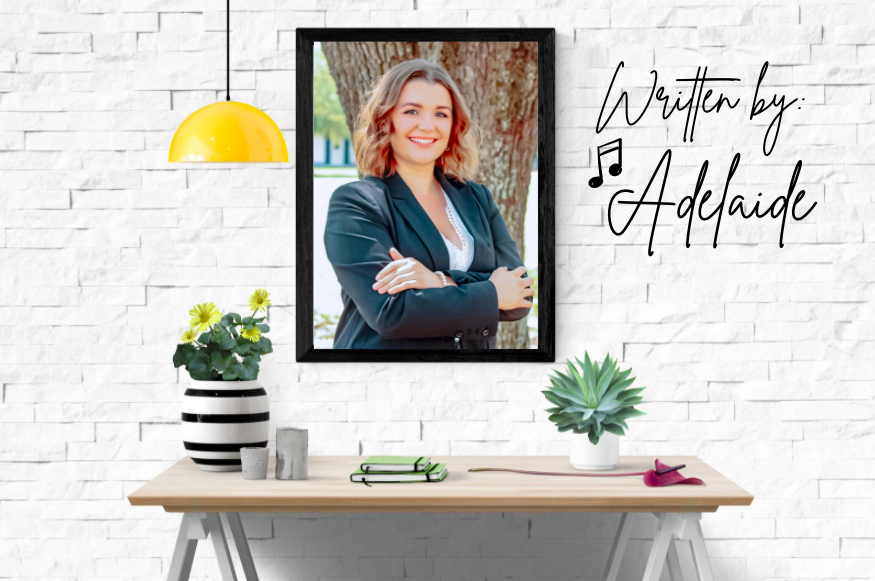

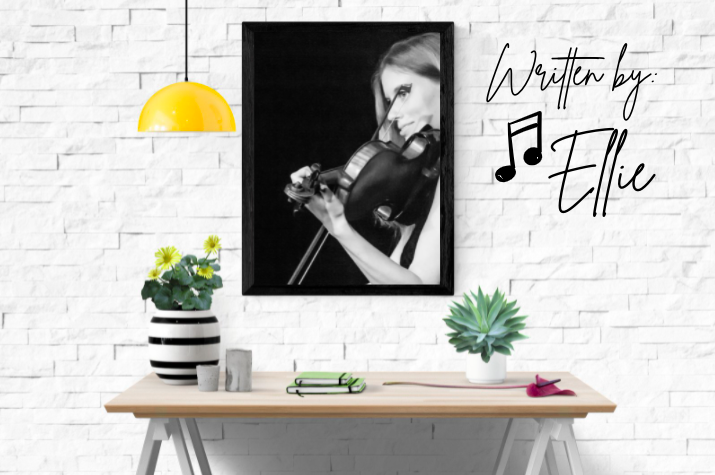
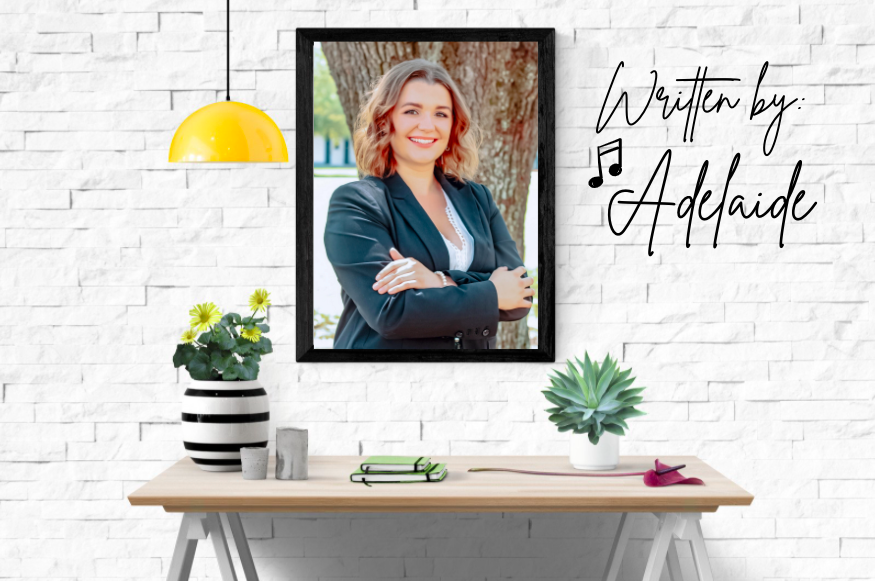

 RSS Feed
RSS Feed